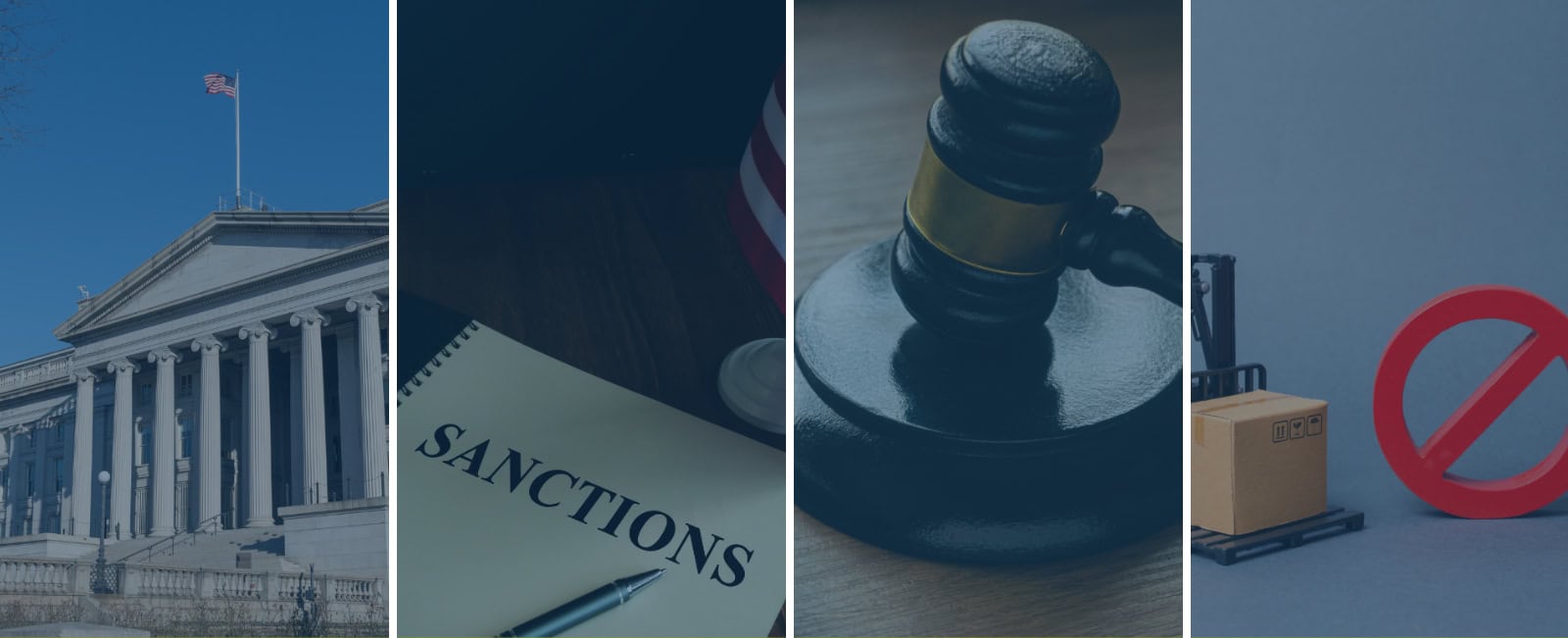New trans-European customs systems for export and transit
The European Commission and the EU Member State customs authorities on 15 March 2021 launched a trans-European customs system for export and transit. The rollout will start with the deployment of new systems in Germany and this will open the path to the next generation of interconnected trans-European systems for the trade community and the customs authorities of the EU Member States. The new systems will be deployed in a gradual manner until December 2023, to allow for a smooth transition across Europe, while providing operational business continuity. The new export and transit systems offer benefits and foster simplification with services such as:
- Centralized clearance and pre-lodgement facilities
- AEO benefits and real-time trade notifications
- Seamless cross-border, online real-time interactions across the EU Member States and common transit convention countries
The EC reported the new systems were built on the new EU Customs Data Model that in turn is expected to allow for alignment to international standards—such as the WCO data model, data harmonization across EU Customs and Taxation, and reinforcing EU Customs Compliance and Controls.
ITAR country list amended to include Russia
The U.S. State Department released for publication in the Federal Register a final rule amending the International Traffic in Arms Regulations (ITAR) to include Russia in the list of countries for which the United States will deny licenses and other approvals for exports and/or imports of defense articles and defense services.
According to the final rule (as published in the Federal Register on March 18, 2021), the Secretary of State on March 1, 2021, determined that the government of Russia used chemical weapons in violation of international law or lethal chemical weapons against its own citizens. In response, the State Department is amending the ITAR to include Russia in the list of countries subject to a policy of denial for exports of defense articles and defense services.
An exception is being made to allow for a case-by-case review of exports to Russia:
- That support government space cooperation
- That is in support of commercial space launches (valid for six months from the date of the Secretary of State’s determination)
Further, the State Department is amending ITAR to allow exporters to use certain exemptions for exports to Russia when in furtherance of government space cooperation.
Italian company to pay $950,000 to settle violations of Iranian sanctions
OFAC announced that a company located in Italy agreed to pay $950,000 to settle its potential civil liability for apparent violations of the Iranian transactions and sanctions regulations.
Over an approximately four-year period, the Italian company—that produces and sells components for gas boiler systems and applications—re-exported 27 shipments of air pressure switches procured from a U.S. company intended for as many as 10 customers in Iran and caused the U.S. company to indirectly export its goods to Iran. In doing so, the Italian company obfuscated the re-exportation and Iranian customers from the U.S. company. The value of the transactions was approximately $2.5 million.
When the U.S. company became aware of the transactions with the entities in Iran, it requested that the Italian company return the components (which it did).
OFAC determined that the apparent violations were egregious and not voluntarily self-disclosed. However, in light of the Italian company’s financial condition, OFAC indicated that $650,000 of the $950,000 would be suspended on satisfactory completion of compliance commitments by the Italian company.
U.S. next steps in digital services tax investigations
USTR announced the next steps in its Section 301 investigations of digital service taxes adopted or under consideration by certain U.S. trading partners. According to the release, six countries remain subject to potential action while broader international tax negotiations continue.
In January 2021, the USTR found that the digital services taxes adopted by Austria, India, Italy, Spain, Turkey, and the United Kingdom were subject to action under Section 301 because they discriminated against U.S. digital companies, were inconsistent with principles of international taxation, and burdened U.S. companies.
Today, the USTR announced that it is proceeding with the public notice and comment process on possible trade actions to preserve procedural options before the conclusion of the statutory one-year time period for completing the investigations.
The United States is committed to working with its trading partners to resolve its concerns with digital services taxes, and to addressing broader issues of international taxation… The United States remains committed to reaching an international consensus through the OECD process on international tax issues. However, until such a consensus is reached, we will maintain our options under the Section 301 process, including, if necessary, the imposition of tariffs.
The remaining four jurisdictions—Brazil, the Czech Republic, the European Union, and Indonesia—have not adopted or not implemented the digital services taxes under consideration when the USTR investigations were initiated. The USTR thus announced it was terminating these four investigations without further proceedings. If, however, any of these jurisdictions proceed to adopt or implement a digital services tax, the USTR indicated that it may initiate new investigations.
U.S. final rule, removal of reporting requirements for certain encryption items
BIS of the U.S. Department of Commerce published in the Federal Register a final rule that revises the Commerce Control List (CCL), as well as corresponding parts of the Export Administration Regulations (EAR), to implement changes to the “Wassenaar Arrangement”—list of dual-use goods, technology, and munitions.
The CCL is part of the EAR, and identifies certain items subject to the jurisdiction of the Commerce Department. The final rule implements changes that were decided upon by governments participating in the Wassenaar Arrangement in December 2019 plenary meeting. The Wassenaar Arrangement advocates the implementation of effective export controls on strategic items with the objective of improving regional and international security and stability.
Effective today, March 29, 2021, the final rule:
- Harmonizes the CCL with the decisions reached at the 2019 plenary meeting by revising Export Control Classification Numbers (ECCNs) controlled for national security reasons in each category of the CCL
- Makes associated changes to the EAR, as well as corrections
- Makes changes to various provisions of the CCL in the EAR, including provisions on license exception encryption commodities, software, and technology (ENC)
The changes, including the removal of reporting requirements for certain encryption items, are designed to reduce the regulatory burden for exporters while still fulfilling U.S. national security and foreign policy objectives.
U.S. trade court: Presidential proclamation imposing tariffs on steel “derivatives” held invalid
The U.S. Court of International Trade granted summary judgment for a U.S. importer of steel nails that contested a January 2020 presidential proclamation (Proclamation 9980) that imposed 25% tariffs on various imported products made of steel (“derivatives of steel products” including steel nails) under Section 232 of the Trade Expansion Act of 1962.
The importer argued that Proclamation 9980 was issued beyond the statutory time limits set forth in Section 232 because the proclamation was issued after the expiration of the 105-day time period set forth in Section 232(c)(1)—that is, then-President Trump issued the proclamation regarding steel derivative articles at a date that was more than 105 days after a January 2018 report by the U.S. Commerce Department on the effects of certain steel imports on the national security of the United States. The trade court essentially agreed and granted summary judgment for the importer.
The trade court in January 2021 dismissed four of five claims by the importer challenging Proclamation 9980. The trade court did not dismiss a claim that the proclamation was invalid because it had been issued in violation of the time limits specified in Section 232.
The trade court granted summary judgment in favor of the importer, finding that Proclamation 9980 was invalid because the president had issued the proclamation after the expiration of the congressionally delegated authority to adjust imports of the products addressed in the specific proclamation.
The trade court also directed that entries affected by this litigation be liquidated without the assessment of duties pursuant to Proclamation 9980; that any deposits collected for such customs duties be refunded; and that there be reliquidation of any entries that may have been liquidated with an assessment of the 25% duties with a refund of any duties deposited or paid, with interest.


